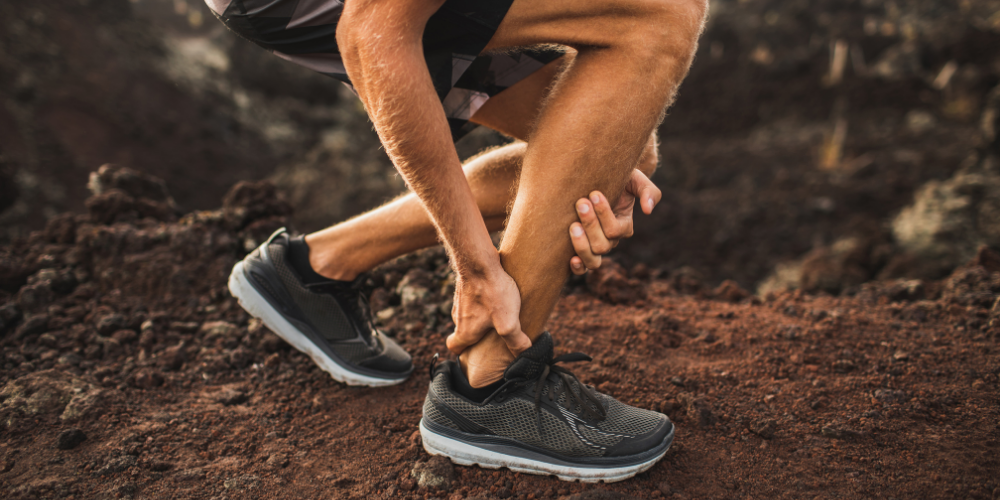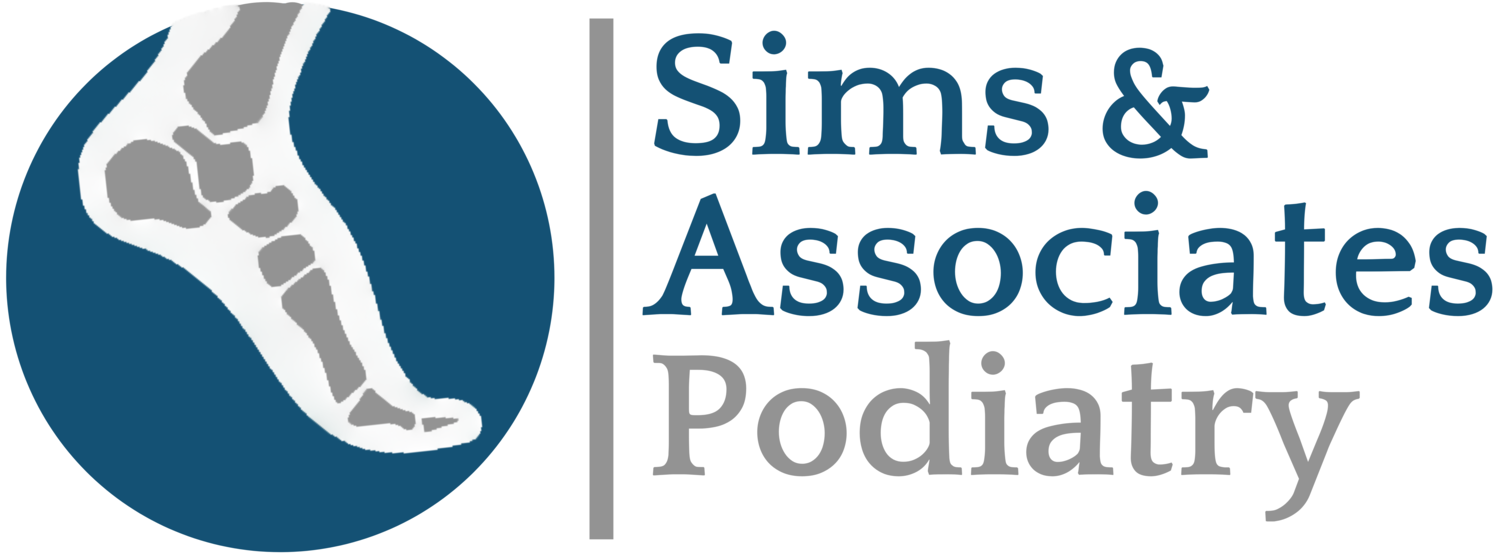
Achilles Tendonitis
What is Achilles Tendonitis?
Achilles tendonitis is an overuse injury of the Achilles tendon, a band of tissue that connects the calf muscles to the heel bone at the back of the lower leg. This tendon is used when you walk, run, jump or push up on your toes. Achilles tendonitis is caused by repetitive or intense strain on the Achilles tendon which is why it is a very common injury among runners and other endurance athletes. The Achilles tendon weakens as you age making people who participate in sports only on the weekends (weekend warriors) or who have suddenly increased the intensity of their workout programs more susceptible to injury.
Symptoms of Achilles Tendonitis
Pain from Achilles tendonitis typically begins as a mild ache in the back of the leg or above the heel after running or other physical activity. Episodes of more-severe pain may occur after prolonged running, stair climbing or sprinting. You might also experience tenderness or stiffness, especially in the morning, which usually improves with mild activity.
Common Causes
Achilles tendonitis is caused by repetitive or intense strain on the Achilles tendon. The Achilles tendon weakens with age, which can make it more susceptible to injury — particularly in people who may participate in sports only on the weekends or who have suddenly increased the intensity of their running programs.
Achilles tendonitis most commonly occurs in runners who have suddenly increased the intensity or duration of their runs. It's also common in middle-aged weekend warrior athletes who play sports, such as tennis or basketball, only on the weekends.
Prevention
While not completely preventable, you can take measures to reduce your risk of Achilles tendonitis injury.
Increase your workout or activity level gradually. If you're just beginning an exercise regimen, start slowly and gradually increase the duration and intensity of the training.
Take it easy. Avoid activities that place excessive stress on your tendons, such as hill running. If you participate in a strenuous activity, warm up first by exercising at a slower pace. If you notice pain during a particular exercise, stop and rest.
Choose your shoes carefully. The shoes you wear while exercising should provide adequate cushioning for your heel and should have a firm arch support to help reduce the tension in the Achilles tendon. Replace your worn out shoes. If your shoes are in good condition but don't support your feet, try arch supports in both shoes.
Stretch daily. Take the time to stretch your calf muscles and Achilles tendon in the morning, before exercise and after exercise to maintain flexibility. This is especially important to avoid a recurrence of Achilles tendonitis.
Strengthen your calf muscles. Strong calf muscles enable the calf and Achilles tendon to better handle the stresses they encounter with activity and exercise.
Cross-train. Alternate high-impact activities, such as running and jumping, with low-impact activities, such as cycling and swimming.
Treatment of Achilles Tendonitis
In most cases, Achilles tendonitis can be treated at home using stretches and exercises and prescribed by your foot doctor. More serious cases of Achilles tendonitis or ignoring the symptoms by “pushing through” the pain can cause the tendonitis to worsen and/or lead to other injuries due to over compensation. Worse, ignoring Achilles tendonitis could lead to the tendon to tear (rupture) and may require surgical repair.
What To Do If You Suspect You Are Suffering From Achilles Tendonitis?
As already stated, most cases of Achilles tendonitis are easily treatable with stretches and exercises prescribed by your podiatrist. However, if left untreated, the injury could worsen leading to other injuries or the Achilles tendon rupturing which most often requires surgery. Don’t risk it! If you are experiencing any of the symptoms described here contact Sims & Associates Podiatry. We’ll get you in right away to assess your injury and discuss your treatment options so you can decide on the best treatment plan that works for your schedule and lifestyle.
Achilles Tendon


